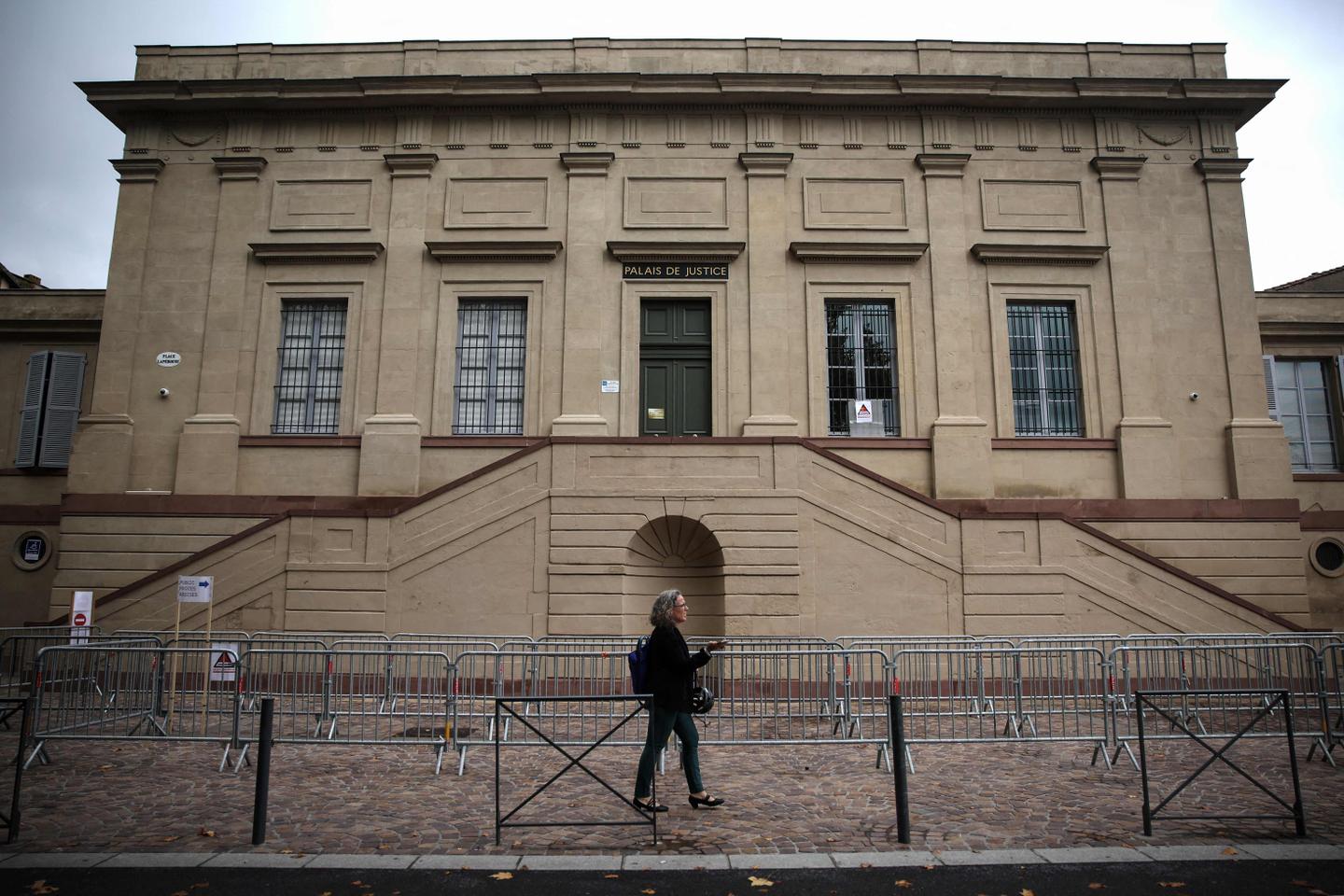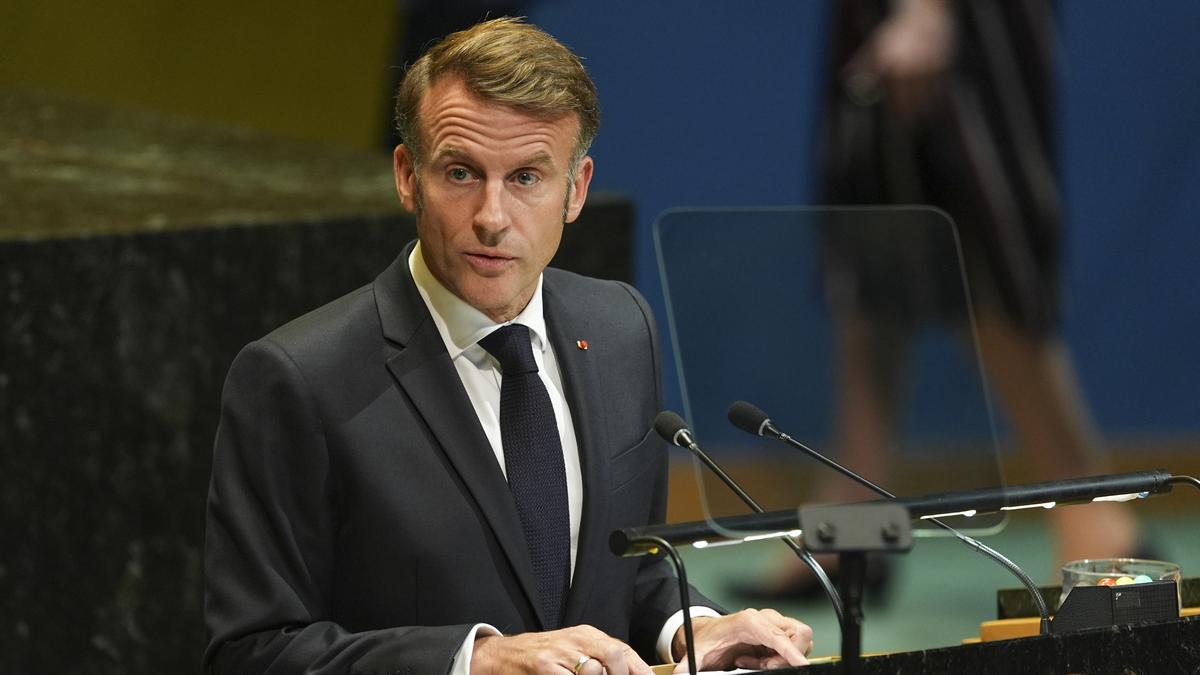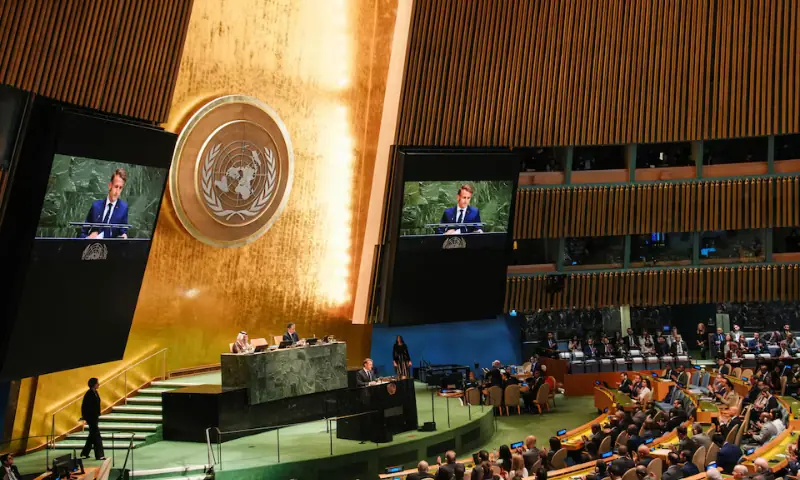Canada Recognizes Palestinian Statehood Amid International Debate
Last Sunday, Prime Minister Mark Carney announced that Canada would formally recognize Palestinian statehood, joining a growing number of nations taking this step. The move comes amid ongoing debate and controversy surrounding the status of the Palestinian territories and the broader Israeli-Palestinian conflict.
International Recognition and Motivations
In recent weeks, Canada has joined countries like Australia, Portugal, the U.K., and France in recognizing Palestine as a state. This brings the total to 147 out of 193 member states of the United Nations that have formally recognized Palestine. Carney stated that the decision was influenced by the current Israeli government's "avowed policy" hindering the establishment of a Palestinian state.
Reactions to Canada's Announcement
The Palestinian Authority and Hamas officials welcomed Canada's recognition, with Hamas linking the announcement to the aftermath of the Oct. 7, 2023, attacks against Israel. Conversely, Israel swiftly condemned the announcements. Danny Danon, Israel's ambassador to the UN, called them "empty declarations," while Prime Minister Benjamin Netanyahu stated that the recognition provides a "huge reward to terrorism."
"It will not happen. A Palestinian state will not be established west of the Jordan River." - Benjamin Netanyahu
Defining Statehood: Criteria and Subjectivity
The definition of a "state" is complex and debated. According to the Montevideo Convention on the Rights and Duties of States (1933), a state requires a permanent population, a defined territory, a government, and the capacity to enter into relations with other states. However, Catherine Frost, a political science professor at McMaster University, argues that recognizing statehood is ultimately subjective, with recognition occurring when one state acknowledges another.
George Kyris, an associate professor of international relations at the University of Birmingham, emphasizes the political nature of recognition, stating that it has "never been purely legal."
Does Palestine Meet the Criteria for Statehood?
The question of whether the Palestinian territories meet the 1933 convention criteria is complex. While a permanent population exists, the borders are disputed, and no single government entity fully controls the territories. Daniel Kurtzer, a former U.S. ambassador to Egypt and Israel, points out that Israel controls the territory, affecting the impact of diplomatic recognition.
Despite these challenges, the borders of a Palestinian state are largely seen as encompassing the West Bank, the Gaza Strip, and East Jerusalem. While Mahmoud Abbas leads the Palestinian Authority, its control is limited, and Hamas previously governed Gaza before it became a war zone.
Significance and Potential Ramifications
Some experts consider the recognition of a Palestinian state largely symbolic. However, even if "useless" from a purely legal point of view, it is a significant development, marking a decline in the number of UN member states that do not recognize Palestine. Additionally, all members of the UN Security Council, except for the U.S., now recognize a Palestinian state.
- Recognition could lead to international treaties of commerce, granting Palestinians greater access to global goods.
- It provides a basis for revising bilateral relations with Israel, ensuring Israel adheres to its obligations to the Palestinian state.
- Canada could establish an embassy in Ramallah and welcome an ambassador from the newly recognized state.
Ultimately, the recognition of Palestinian statehood by Canada and other nations is a multifaceted issue with symbolic, political, and potentially practical ramifications for the future of the Israeli-Palestinian conflict and the status of the Palestinian territories.
 Visit the website
Visit the website







